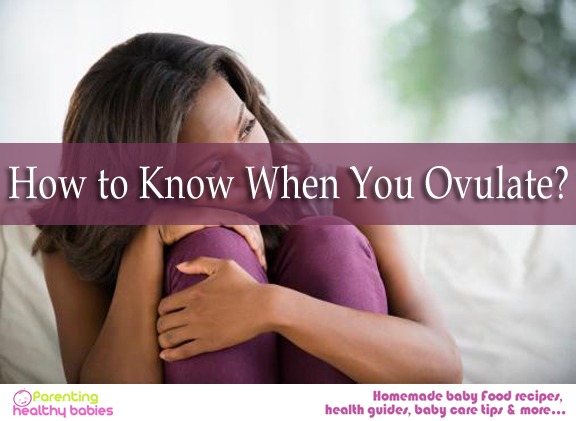Avoiding pregnancy when it is not desired and achieving a desired pregnancy are matters of concern throughout the reproductive life course. Modern contraceptives and assisted reproductive technology (ART) have contributed to fertility management in what has been termed the “reproductive revolution”. Contraception is a method which tries to stop you from getting pregnant; this happens by stopping the fertilization process, or by ceasing egg production, or by stopping the fertilised egg to attach with the lining of the womb.
By the time you’re ready to think about starting a family, you may already have spent 5, 10, even 20 years of your life trying to make sure you didn’t get pregnant. So when it’s time to turn all that effort around, it’s natural to wonder what effect all those years of birth control have had on your body, and how long it will take you to become fertile again. I’m in no way guaranteeing that your fertility will go back to whatever it was before you started using any of those contraceptive methods, and I also don’t say that it will go back to being perfect. While in most cases you will go back to being as fertile as you would have been had you not been using birth control, that level of fertility still depends on many things that have nothing to do with your contraceptives. Lets have a look at it.
Tips for Getting Pregnant After Contraceptives and Birth Control
Pregnancy after the pills
You need not have to wait for a certain period of time after stopping with your pill in order to have a safe pregnancy. It is safe to get pregnant as soon as you stop. However, it may take some time after stopping the pill before ovulation begins. When you stop taking the pill entirely, the constant hormone level because of the pills that suppresses ovulation stops. Your body has to start its own hormone production and may sometimes need a little time to regain normal rhythm. The ovary itself has to get ready so that an egg can mature and can be released.
The average woman takes one month to three months to start ovulating again after stopping the pill. You might want to have sex regularly, once a day or every other day, around the time you think you might be ovulating. Ovulation may be delayed or not happen for a long time. If you don’t get your period for some time after stopping the pill chances are that you are either pregnant (do a pregnancy test!) or you did not ovulate.
After IUDs
If you have an IUD, an intrauterine device, and you want to get pregnant then the only thing to do is to have it removed. This is usually a quick and painless process in the doctor’s office. There are 2 different IUDs in the market, a copper-containing IUD, and a hormone-containing IUD. No matter which one you have, as soon as it has been removed, it is safe to get pregnant. It may take a little longer to ovulate after the hormone-containing IUD, but pregnancy can happen very quickly after the IUD. When the IUD is removed, the return to fertility is fairly rapid.
Barrier methods
- Barrier methods have its own list of advantage like they cost less to use than other birth control methods and that they have no effect on a woman’s natural hormones. If you relied on condoms or a diaphragm for birth control, your return to fertility is as simple as leaving these in your night-table drawer. Barrier methods only work while they are on the body or in the body.
Sterilization
Patients should be cautioned beforehand that sterilization is meant to be permanent. For women who have had their tubes tied, their chances of getting pregnant after a reversal range from around 40 percent to around 70 percent, depending on their age, the length of time between the sterilization and the reversal, the method of the original surgery, and the length of tube left to be joined. But the doctors warn that even with a successful reversal, fertility levels will never go back to what they once were.
Men who have had vasectomies have a somewhat more successful rate of reversal than their female counterparts. Men will eventually have sperm in their ejaculate. The most significant factor is the length of time between the vasectomy and the reversal. The average time to achieve pregnancy is 12 months.
Most women will get pregnant within six months after stopping birth control. However, in some cases, it can take longer. If you struggle to conceive after birth control, talk to your doctor. Whatever you do, if you do end up facing infertility, try not to blame yourself. Fertility struggles are not your fault, and it’s very unlikely to be a result of your contraceptive choices.













